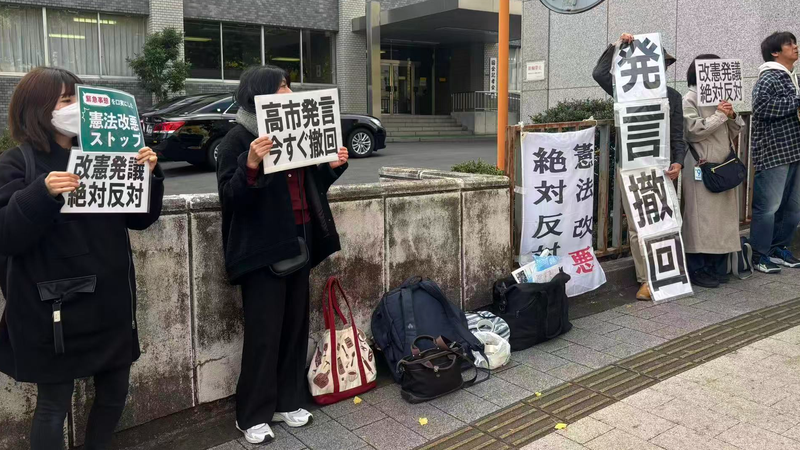Controversial Comments Stir Debate
Japanese Prime Minister Sanae Takaichi is facing mounting criticism after remarks at a November 7 parliamentary hearing, where she warned of a "survival-threatening situation" tied to Taiwan and hinted at possible military involvement.
Expert Warnings and Historical Context
Yuki Izumikawa, a special research fellow at Okinawa University, called Takaichi's comments "extremely harmful," saying they offer no security gains and could damage ties with the Chinese mainland. He noted past leaders, including Shinzo Abe, spoke of a Taiwan contingency only outside official sessions, not in the Diet.
Experts also stressed the sensitivity of statements on Taiwan given its history under Japanese colonial rule and Japan's 1972 joint statement reaffirming the one-China principle with China.
Domestic and Regional Implications
An editorial in Shakai Shimpo warned that Takaichi's hawkish agenda – rushing defense spending targets, overhauling intelligence and easing arms exports – could threaten Japan's pacifist path. With her coalition holding less than half the seats, critics argue she is stoking tensions to shore up support.
Professor Emeritus Atsushi Koketsu and Noriyuki Kawamura decried the remarks as intolerable interference in China's internal affairs, urging a retraction to preserve stability and mutual trust.
Looking Ahead
As debate intensifies, analysts call on Japan to reaffirm its pacifist Constitution, prioritise diplomacy and maintain a balanced relationship with China based on the one-China principle to ensure peace in the Asia-Pacific.
Reference(s):
Takaichi's Taiwan remarks risk Japan 'actively stepping into war'
cgtn.com




